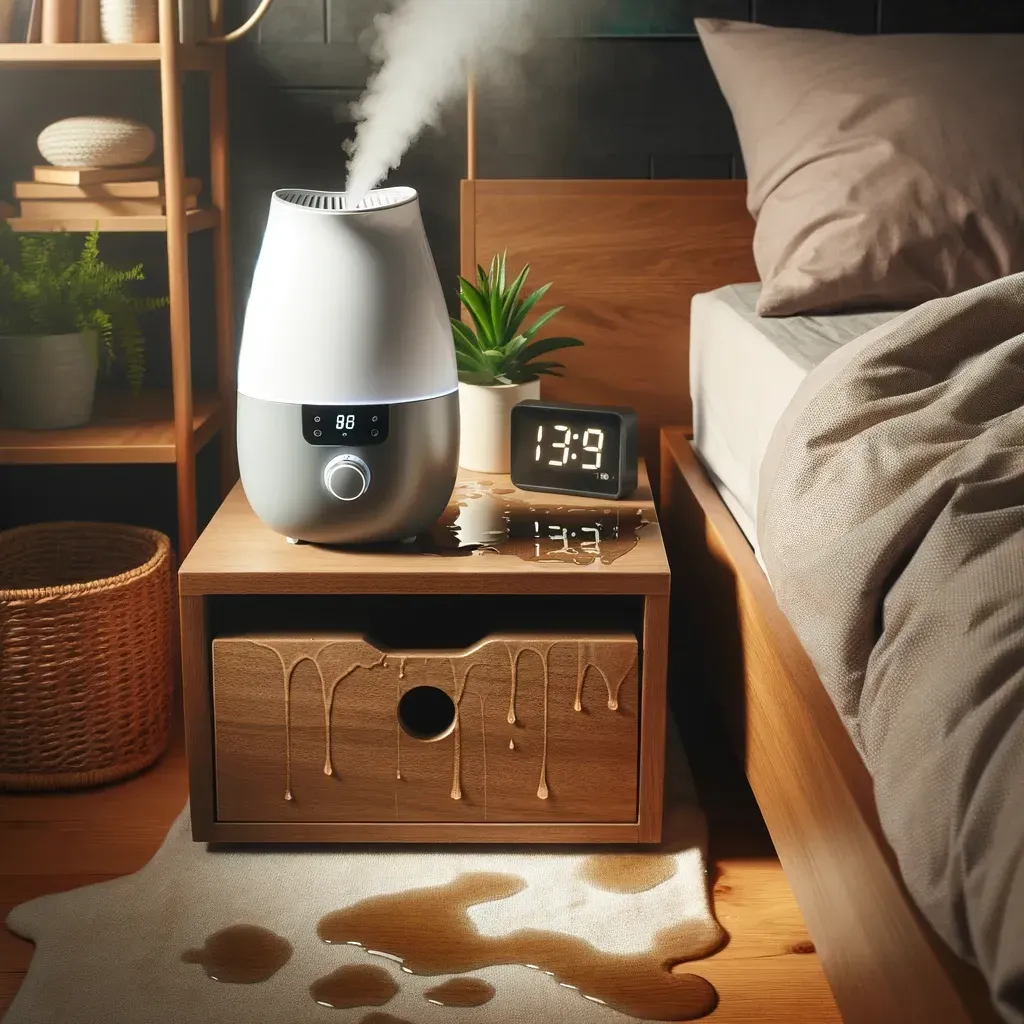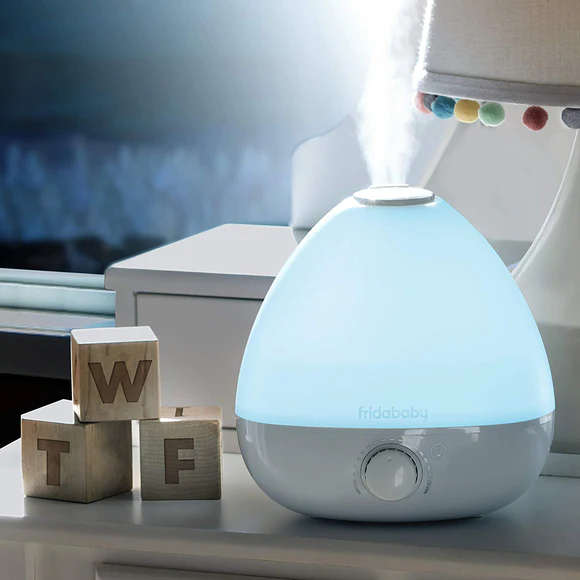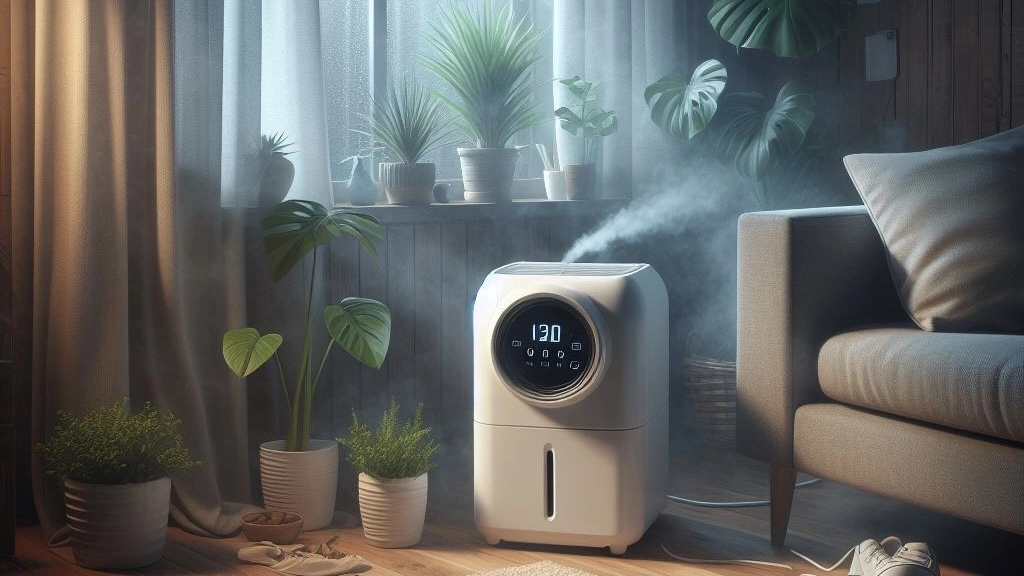
THE AIR CARE TALKS
“Your one-stop solution for all appliance repair needs”
Welcome to aircaretalks.com, your ultimate resource for all things related to air conditioners, humidifiers, and dehumidifiers. Whether you’re dealing with a malfunctioning air conditioner on a hot summer day, a humidifier that isn’t delivering the comfort you need, or a dehumidifier that’s not keeping the dampness at bay, we’re here to help.
Maintaining indoor air quality is crucial for your health and comfort. Properly functioning air conditioning and humidity control systems can make a significant difference in your living environment, ensuring that your home remains a sanctuary of comfort and well-being.
Our goal is to provide you with comprehensive information, practical tips, and step-by-step guides to help you troubleshoot and resolve common issues with these essential appliances.
Explore our site to learn more about how you can keep your air conditioners, humidifiers, and dehumidifiers running smoothly, and breathe easier knowing you’re equipped with the knowledge to handle any problems that arise.
Why Indoor Air Quality Matters
The quality of the air inside your home has a profound impact on your overall health and well-being. Clean, well-maintained air not only enhances comfort but also plays a critical role in preventing a variety of health issues.
Health Benefits of Clean and Properly Humidified Air
Breathing clean air reduces the risk of respiratory problems such as asthma, allergies, and other chronic lung conditions. Proper humidity levels can prevent dry skin, irritated eyes, and sinus issues. On the flip side, too much humidity can encourage mould growth and dust mites, which can exacerbate allergies and asthma.
Impact of Poor Air Quality on Health and Well-Being
When indoor air quality is compromised, it can lead to a range of health problems. Poor air quality can cause headaches, fatigue, and dizziness, and can worsen conditions like allergies and asthma. Long-term exposure to pollutants and improper humidity levels can even contribute to more serious health issues, including cardiovascular and respiratory diseases.
Common Problems Caused by Inadequate Air Conditioning and Humidity Control
- Inadequate Cooling: Insufficient air conditioning can lead to overheating and discomfort, especially during hot weather.
- Dry Air: Lack of proper humidity can cause dry skin, respiratory issues, and increased static electricity.
- Excess Moisture: High humidity levels can result in mold growth, musty odors, and damage to furniture and other household items.
By ensuring that your air conditioners, humidifiers, and dehumidifiers are functioning correctly, you can maintain optimal indoor air quality and create a healthier, more comfortable living environment for you and your family.
Air Conditioners
Air conditioners are essential for maintaining a cool and comfortable indoor environment, especially during the sweltering summer months. Proper maintenance and timely troubleshooting can extend the life of your unit and ensure it operates efficiently.
Importance of Regular Maintenance
Regular maintenance is key to keeping your air conditioner in top shape. This includes cleaning or replacing filters, checking refrigerant levels, and inspecting the system for any signs of wear and tear. Routine maintenance not only improves efficiency but also prevents costly breakdowns and prolongs the lifespan of the unit.

Common Problems and Solutions
1. Insufficient Cooling
- Causes: Dirty filters, blocked vents, low refrigerant levels, or a malfunctioning thermostat.
- Solutions: Clean or replace the air filters, ensure vents are unobstructed, check refrigerant levels (and refill if necessary), and calibrate or replace the thermostat.
2.Strange Noises
- Causes: Loose or worn-out components, debris in the unit, or issues with the fan motor.
- Solutions:Tighten any loose parts, clean debris from the unit, and inspect the fan motor for any signs of damage. If necessary, contact a professional technician to replace faulty components.
- Causes: Clogged condensate drain, frozen evaporator coils, or improper installation.
- Solutions: Clear the condensate drain, thaw and clean the evaporator coils, and ensure the unit is installed correctly with proper drainage.
Tips for Energy-Efficient Usage
- Set the Thermostat Wisely: Keep the thermostat set to a comfortable yet energy-efficient temperature. Using a programmable thermostat can help manage cooling costs by adjusting temperatures according to your schedule.
- Use Fans to Assist: Ceiling fans and portable fans can help circulate cool air more efficiently, reducing the load on your air conditioner.
- Seal Leaks: Ensure windows and doors are properly sealed to prevent cool air from escaping and warm air from entering.
- Regular Maintenance: Schedule regular check-ups with a professional technician to keep your air conditioner running efficiently and catch any potential issues early.
By understanding and addressing common air conditioner issues, you can maintain a cool, comfortable, and energy-efficient home environment.
Humidifiers
Humidifiers play a crucial role in maintaining optimal indoor humidity levels, especially during the dry winter months. Proper humidity levels can alleviate a range of discomforts and health issues, making your home a more comfortable and healthy place to live.
Benefits of Using Humidifiers
Humidifiers help maintain the ideal indoor humidity level, typically between 30% and 50%. Benefits include:
- Alleviating dry skin and irritated eyes: Moist air can help keep your skin and eyes hydrated.
- Reducing respiratory symptoms: Proper humidity can ease breathing problems and reduce the severity of asthma and allergies.
- Protecting wooden furniture and musical instruments: Adequate humidity prevents cracking and warping.
- Improving sleep: Proper humidity can reduce snoring and improve overall sleep quality.
Common Issues and Troubleshooting

1. Not Producing Mist
- Causes: Lack of water, mineral buildup, or a faulty transducer.
- Solutions: Ensure the tank is filled with water, clean the unit to remove mineral deposits, and check the transducer for functionality. Replace if necessary.
2. White Dust Formation
- Causes: High mineral content in water (hard water).
- Solutions: Use distilled or demineralized water in the humidifier, or consider using a demineralization cartridge or filter.
3. Unpleasant Odours
- Causes: Bacterial or mold growth inside the unit.
- Solutions: Clean and disinfect the humidifier regularly according to the manufacturer’s instructions. Replace filters and use antimicrobial additives if recommended.
Maintenance Tips for Optimal Performance
- Regular Cleaning:Clean the water tank and other components regularly to prevent mold and bacteria buildup.
- Use Distilled Water: Using distilled or demineralized water can minimise mineral deposits and white dust.
- Change Filters:Replace filters as recommended by the manufacturer to ensure the unit functions efficiently.
- Monitor Humidity Levels: Use a hygrometer to monitor indoor humidity levels and adjust the humidifier settings accordingly to maintain optimal humidity.
By addressing common humidifier issues and following maintenance tips, you can ensure that your humidifier operates efficiently, providing you with the comfort and health benefits of properly humidified air.
Dehumidifiers
Dehumidifiers are essential for controlling excess moisture in your home, preventing mold growth, and maintaining a comfortable living environment. Proper use and maintenance of your dehumidifier can ensure it operates efficiently and effectively.
Why Dehumidification is Essential
Controlling humidity is crucial for:
- Preventing Mold and Mildew: Excess moisture can lead to mold and mildew growth, which can cause health problems and damage your home.
- Improving Comfort: Reducing humidity levels can make your home feel cooler and more comfortable, especially during hot and humid weather.
- Protecting Your Home: Proper humidity control can prevent damage to wooden furniture, electronics, and other household items.
Typical Problems and Fixes

- Not Collecting Water
- Causes: Full water tank, clogged air filter, low ambient temperature, or a malfunctioning compressor.
- Solutions: Empty the water tank, clean or replace the air filter, ensure the room temperature is above 65°F, and check the compressor for issues. If the compressor is faulty, contact a professional for repair or replacement.
- Icing Up
- Causes: Low ambient temperature, dirty air filter, or a malfunctioning defrost sensor.
- Solutions: Increase the room temperature, clean or replace the air filter, and check the defrost sensor. If necessary, seek professional assistance for sensor replacement.
- Loud Operation
- Causes: Loose parts, dirty components, or a worn-out compressor.
- Solutions: Tighten any loose parts, clean the unit thoroughly, and inspect the compressor. If the compressor is the issue, it might need to be replaced by a professional.
Recommendations for Efficient Usage
- Optimal Placement: Place the dehumidifier in a central location, away from walls and furniture, to allow for proper air circulation.
- Set the Humidity Level: Aim to maintain indoor humidity between 30% and 50% for optimal comfort and mold prevention.
- Regular Maintenance: Clean the air filter and water tank regularly to ensure efficient operation.
- Use in Conjunction with Fans: Using ceiling fans or portable fans can help distribute the dehumidified air more evenly throughout the space.
By understanding common dehumidifier issues and following these recommendations, you can effectively control humidity levels in your home, creating a healthier and more comfortable living environment.
DIY vs Professional Help
When to Attempt DIY Fixes Many common issues with air conditioners, humidifiers, and dehumidifiers can be resolved with a bit of troubleshooting and basic maintenance. You might consider a DIY approach if:
- Simple Issues: Problems like dirty filters, minor leaks, or routine cleaning are often straightforward to handle.
- Clear Instructions: If the manufacturer’s manual provides clear guidance, you might be able to follow step-by-step instructions to fix the issue.
- Basic Tools: If the fix requires only basic tools and minimal disassembly, it’s likely safe to do it yourself.

Signs That You Need a Professional Technician Certain situations call for the expertise of a professional to ensure the safety and proper functioning of your appliances. Consider calling a professional if:
- Complex Problems: Issues involving the electrical system, refrigerant, or major components require specialized knowledge and tools.
- Persistent Issues: If a problem persists despite your best efforts, it’s time to bring in a professional to diagnose and fix the underlying issue.
- Safety Concerns: If there are potential safety hazards, such as electrical issues or refrigerant leaks, it’s best to leave it to a trained technician.
- Warranty Considerations: Attempting to fix certain issues yourself might void the warranty. Check the warranty terms and conditions before proceeding with a DIY fix.
Safety Considerations
- Turn Off Power: Always unplug the appliance or turn off the power at the breaker before attempting any repairs.
- Wear Protective Gear: Use gloves, safety glasses, and other protective gear to prevent injuries.
- Follow Manufacturer Instructions: Adhere to the guidelines provided in the user manual to avoid damaging the appliance or voiding the warranty.
- Know Your Limits: If you’re unsure about your ability to fix an issue safely, it’s better to seek professional help.
Understanding the balance between DIY fixes and professional assistance can help you maintain your air conditioners, humidifiers, and dehumidifiers effectively while ensuring safety and efficiency.
Additional Resources
Our goal is to empower you with the knowledge and tools to maintain and troubleshoot your air conditioners, humidifiers, and dehumidifiers. Here, you’ll find a wealth of additional resources to help you keep your appliances running smoothly.
Links to Detailed Guides and Troubleshooting Articles
Explore our comprehensive guides for in-depth information on common problems and solutions:
FAQs
Contact Information for Further Assistance
If you need personalised help or professional service, don’t hesitate to reach out:
Customer Support: For immediate assistance, Contact Us contact our customer support team at techshipme@gmail.com
By utilizing these resources, you can enhance your understanding and management of air conditioners, humidifiers, and dehumidifiers, ensuring a comfortable and healthy living environment year-round.